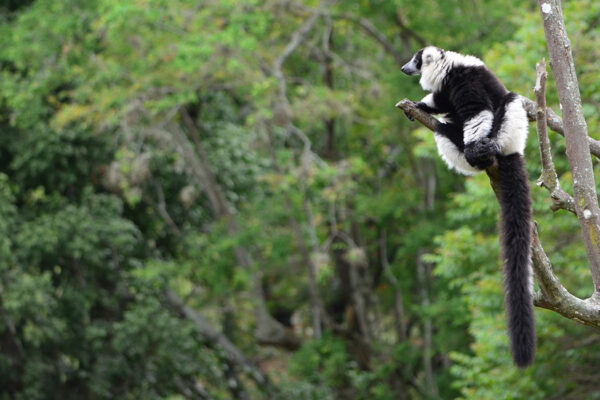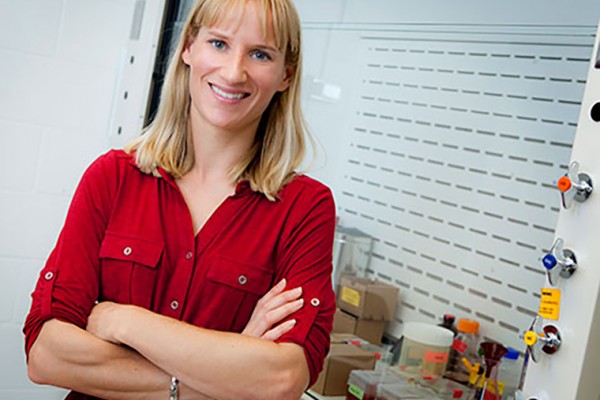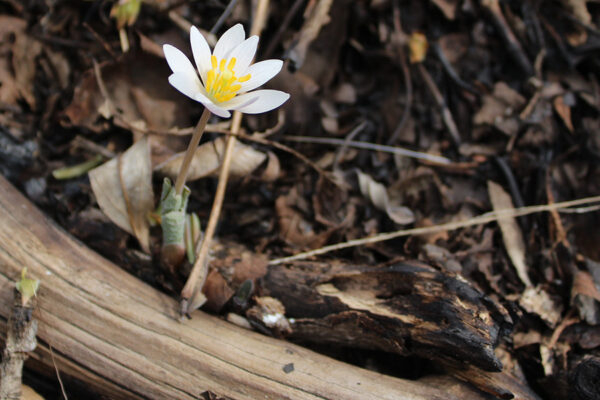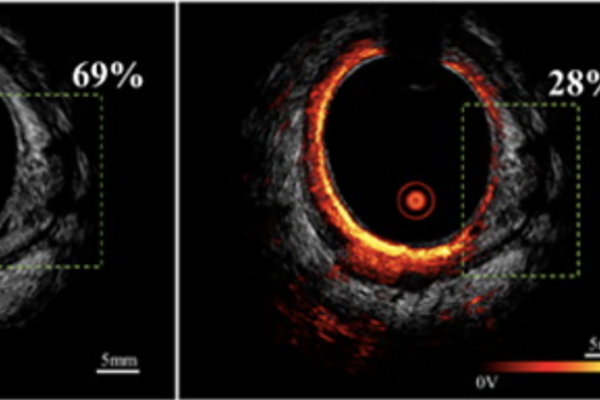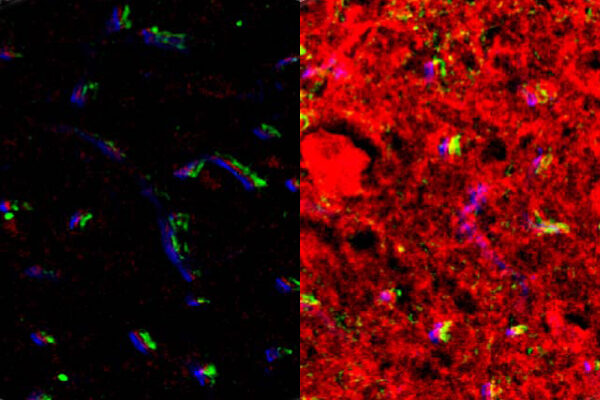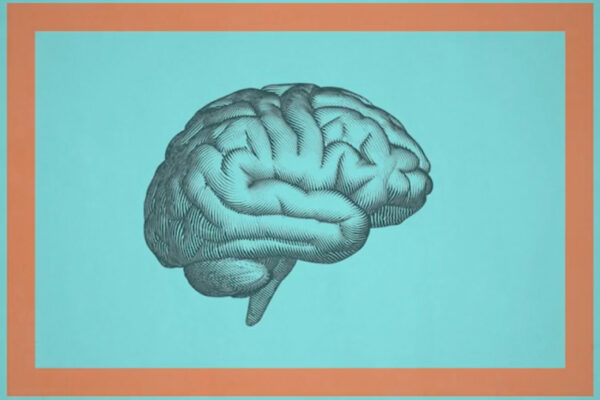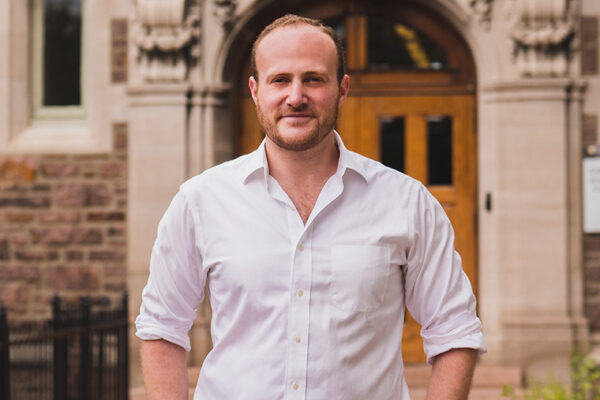A tale of two forests could reveal path forward for saving endangered lemurs
To figure out how to best support two endangered species — black-and-white ruffed lemurs and diademed sifakas — scientists at Washington University in St. Louis are joining up with researchers at the Saint Louis Zoo, Missouri Botanical Garden and Madagascar-based collaborators for an innovative research effort under the Living Earth Collaborative.
Wagenseil receives grant for aortic aneurysm research
Jessica Wagenseil, associate professor and vice dean for faculty advancement at the McKelvey School of Engineering, has received a two-year $100,000 grant from the Marfan Foundation for a project titled “Targeting elastic fiber degradation in thoracic aortic aneurysms.”
Coastal lupine faces specific extinction threat from climate change
Tidestrom’s lupine is a delicate flowering plant that is part of a dune ecosystem along the west coast of the United States. Biologist Eleanor Pardini in Arts & Sciences has tracked Tidestrom’s lupine at the Point Reyes National Seashore in central California for more than 14 years.
Yes, spring flowers are blooming earlier. It might confuse bees.
More species are blooming at the same time than in the past. Matthew Austin, biodiversity postdoctoral fellow with the Living Earth Collaborative, is studying how changes in flower timing affect ecological and evolutionary dynamics of pollination systems.
‘Leap forward’ in risk management of rectal cancer
The lab of Quing Zhu at the McKelvey School of Engineering has developed an imaging system that helps differentiate residual cancerous tissue from recovered healthy tissue after treatment in patients with rectal cancer, the third-most common cancer type in the U.S.
Palghat Ramachandran, professor of engineering, 75
Palghat (P.A.) Ramachandran, professor of energy, environmental and chemical engineering at the McKelvey School of Engineering, died in his sleep March 18 of natural causes. He was 75.
FUSIN promising in therapeutic agent delivery to brain tumor
New research from the lab of Hong Chen shows that the lab’s FUSIN technique enhances intranasal drug delivery to the brainstem.
Seeing exponential growth for what it is
Jeffrey M. Zacks, professor of psychological and brain sciences in Arts & Sciences, and of radiology at the School of Medicine, explains why we have such a difficult time with exponential growth and how to make its presentation easier to understand.
ERCOT to blame for Texas blackouts, not renewables or fossil fuels
At the McKelvey School of Engineering at Washington University in St. Louis, the situation and the fallout that followed — the rolling or lasting blackouts, national attention, the termination of the energy group’s CEO — prompted Richard Axelbaum, Stifel & & Quinette Jens Professor of Environmental Engineering Science, and Phillip Irace, PhD candidate and NSF Graduate Student Fellow, to take a closer look.
Mathematician Frankel receives NSF CAREER Award
Steven Frankel, assistant professor of mathematics and statistics in Arts & Sciences, received a CAREER Award from the National Science Foundation for his project “Universal Circles Between Dynamics and Geometry.”
Older Stories
